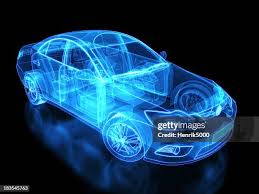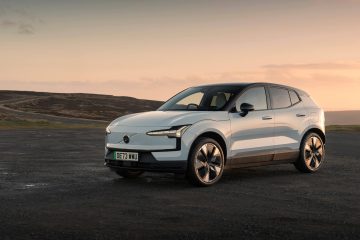The Rise of Electric Cars: A Shift Towards Sustainable Driving

Introduction
Electric cars have seen a significant surge in popularity in recent years, transforming the automotive landscape and playing a pivotal role in reducing carbon emissions. As global awareness of climate change intensifies, the transition to electric vehicles (EVs) is not merely a trend but a necessity to achieve sustainability goals. This shift is crucial not only for environmental protection but also for economic innovation and job creation in green technology.
Current Trends and Developments
According to a report from the International Energy Agency (IEA), the number of electric cars on the road surpassed 10 million in 2020, and this figure is expected to increase exponentially as more manufacturers enter the EV market. Major automotive companies, including Tesla, Ford, and Volkswagen, are investing heavily in electric vehicle technology, with numerous new models set to hit the market over the next few years.
In addition to manufacturers ramping up production, governments worldwide are implementing policies to promote electric vehicles. For instance, the UK government plans to ban the sale of new petrol and diesel cars by 2030, encouraging consumers to opt for electric alternatives. This legislative push aligns with the UK’s broader strategy to achieve net-zero carbon emissions by 2050.
Infrastructure Advancements
For electric cars to become the norm, robust charging infrastructure is essential. Recent data indicates that the UK has more than 25,000 public charging points, a number that is expected to grow to support the increasing EV population. Public, private partnerships and investments in charging technology are enhancing accessibility and convenience for EV owners, alleviating range anxiety that potential buyers often experience.
Environmental Impacts
The shift to electric vehicles is beneficial for the environment. The UK’s Department for Transport (DfT) reports that EVs produce significantly lower greenhouse gas emissions than their petrol or diesel counterparts, even when accounting for the emissions produced during electricity generation. Furthermore, a study from the University of Cambridge reveals that widespread adoption of electric vehicles could reduce air pollution in urban areas, leading to improved public health outcomes.
Conclusion
As the automotive industry continues to evolve, electric cars will undoubtedly play a central role in shaping the future of transportation. The advancements in EV technology, increasing government support, and expanding charging infrastructure highlight a collective movement towards greener travel solutions. For consumers, business owners, and policymakers, staying informed about electric cars and their implications is crucial for making sustainable choices. The journey towards an electric future is underway, and its success will depend on collaboration between governments, manufacturers, and the public.







